What’s the Buzz
The Bee Healthy Blog
6 Medications That Can Cause Frequent Urination

On average, people urinate 7-8 times per day. If you need to go to the bathroom more often, there could be several reasons for your urinary symptoms. These symptoms are not only bothersome but can also make you feel embarrassed. One of the lesser-known causes of frequent urination is medication use. Many medications, including prescription and over-the-counter drugs, can cause urinary issues, including increased urination as a side effect. Please continue reading to find out which medications can make you need to take bathroom breaks more frequently than usual.
What are the different types of urinary problems?
First, let’s take a quick look at some common terms used to describe urinary issues.
Urinary frequency
This refers to increased urination or an abnormally high number of bathroom visits in a day. This can be up to once every hour or two in some cases.
Urinary urgency
This is a sudden and strong urge to urinate.
Urinary incontinence
This term refers to the leaking of urine that you cannot control.
Stress incontinence
Stress urinary incontinence is urine leakage when your bladder is under pressure, for example, when you cough or laugh.
Urge incontinence
This is a sudden, strong need to urinate that causes accidental leakage of urine before you can get to the bathroom.
Overflow incontinence
This is a condition in which you have the urge to urinate, but you can only release a small amount of urine.
Overactive bladder
This is a condition in which there is a frequent, sudden urge to urinate that is difficult to control.
Urinary retention
This is a condition in which the bladder does not completely empty when you urinate.
Why am I suddenly urinating so much?
Some of the possible reasons why you may be peeing more all of a sudden are listed below. Some of these are harmless. In other cases, urinary frequency and incontinence symptoms can be a sign of health conditions that should be evaluated by a healthcare provider. Possible causes of increased urine frequency include:
- Drinking too many fluids
- Caffeine or alcohol intake (these are bladder irritants)
- Pregnancy (pressure from the growing uterus on the urinary bladder makes you pee more often)
- Weakening of the bladder muscle in older adults
- An enlarged prostate gland in men
- Urinary tract infection
- Vaginitis (inflammation of the vulva and vagina)
- Conditions affecting the urinary system, such as a blockage or stricture (narrowing)
- Diabetes
- Conditions of the brain and central nervous system that affect bladder control.
- Medication side effect
- Radiation therapy to the pelvis
- Bladder cancer or pelvic tumor (rare)
If the reason for your needing to go to the bathroom frequently remains unclear, your primary care physician may refer you to a specialist in digestive and kidney diseases. They can help to identify the cause and make sure you get appropriate treatment for your frequent urination.
What is the most common cause of frequent urination?
Some of the most common causes of needing to pee frequently include caffeine intake, urinary tract infections (UTIs), vaginitis in women, and prostate problems in middle-aged and older men.
What blood pressure pills make you pee a lot?
Some of the blood pressure pills that can make you pee a lot include:
Diuretics or water pills
Diuretics work by increasing urine production by the kidneys. Diuretics increase the urine volume, which, in turn, stretches your bladder. This can cause bladder control problems such as urinary incontinence and urgency, especially if you have constipation, prostatitis, or take medications that can cause incontinence. Examples of diuretics include hydrochlorothiazide, furosemide (Lasix), and spironolactone (Aldactone).
Calcium channel blockers
These are a group of antihypertensive medications that can affect the bladder’s ability to contract. They have been linked to nocturia (the need to urinate more often at night), bladder leaks, and other lower urinary tract symptoms. Examples of calcium channel blockers include amlodipine, nifedipine, felodipine, diltiazem, and verapamil.
Other antihypertensive medications
Blood pressure medications such as beta blockers, angiotensin-converting enzyme (ACE) inhibitors, and angiotensin receptor blockers (ARBs) can trigger or worsen overactive bladder by interfering with the ability of the smooth muscle in the urinary bladder to contract.
What other medications can make you pee a lot?
Some of the other prescription drugs that can cause urinary problems include:
Mood stabilizers
Medications such as lithium are prescribed to patients with bipolar disorder to regulate mood. They can cause side effects such as polyuria (urine production of more than 3 liters per day) and the need to pee more often.
Antipsychotic drugs
Medications such as aripiprazole (Abilify), risperidone (Risperdal), olanzapine (Zyprexa), and clozapine (Clozaril) are used to treat psychiatric disorders. They can cause diabetes insipidus (a condition in which the body makes too much urine), urinary incontinence, and overactive bladder as side effects.
Antidepressants
Selective serotonin reuptake inhibitors (SSRIs), serotonin-norepinephrine reuptake inhibitors (SNRIs), and tricyclic antidepressants (TCAs) are sometimes used to treat urinary incontinence, overactive bladder, and nighttime incontinence. However, sometimes these drugs can have the opposite effect and make urinary symptoms worse.
How do doctors treat urinary incontinence?
To treat OAB (overactive bladder) and other urinary signs and symptoms, such as urinary incontinence, urgency, frequency, and nocturia, your doctor may recommend the following:
- Dietary changes
- Behavioral changes
- Bladder retraining (learning to resist feelings of urgency and delaying going to the bathroom)
- Pelvic floor exercises (Kegels) to strengthen the pelvic floor muscles
- Nerve stimulation
- Botulinum toxin injections
- Anticholinergic medications such as oxybutynin (Ditropan) and tolterodine (Detrol) to reduce bladder muscle spasms
- Beta 3 adrenergic agonists such as mirabegron (Myrbetriq) to relax the bladder muscle and prevent urgent, frequent, and uncontrolled urination
- Alpha blockers such as tamsulosin (Flomax) and silodosin (Rapaflo) for men with prostate problems. Drugs from this class (alpha adrenergic blockers) relax the muscles of the prostate and bladder neck, allowing urine to flow more easily, thus addressing symptoms like dribbling and weak stream.
- Surgery to improve bladder outlet resistance. This involves reconstruction of the bladder neck and urethra to make the passage narrower and lower the risk of urine leakage.
References:
- https://www.pennmedicine.org/for-patients-and-visitors/patient-information/conditions-treated-a-to-z/frequent-urination
- https://my.clevelandclinic.org/health/symptoms/15533-frequent-urination#
- https://www.mayoclinic.org/diseases-conditions/high-blood-pressure/in-depth/diuretics/art-20048129
- https://journals.lww.com/jhypertension/Abstract/2021/04001/RELATIONSHIPS_BETWEEN_ANTI_HYPERTENSIVE_DRUGS_AND.128.aspx
- https://www.ncbi.nlm.nih.gov/pmc/articles/PMC8730485/
- https://bmcgeriatr.biomedcentral.com/articles/10.1186/1471-2318-13-57
- https://bmcpsychiatry.biomedcentral.com/articles/10.1186/s12888-018-1622-1
- https://www.sciencedirect.com/science/article/pii/S0753332221008106
- https://www.ncbi.nlm.nih.gov/pmc/articles/PMC5380822/
- https://my.clevelandclinic.org/health/diseases/14248-overactive-bladder
- https://www.nationwidechildrens.org/specialties/urology/procedures/bladder-outlet-surgery

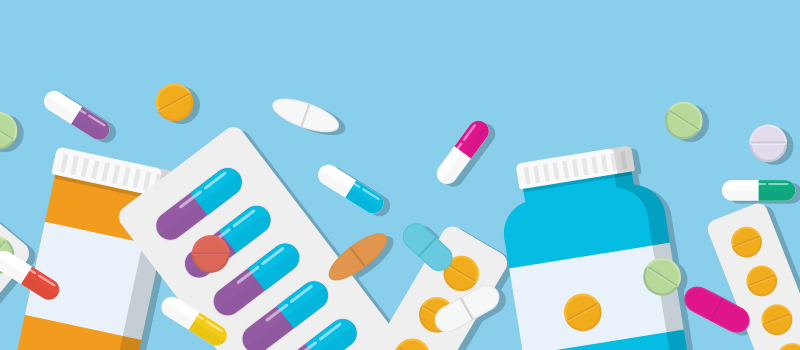
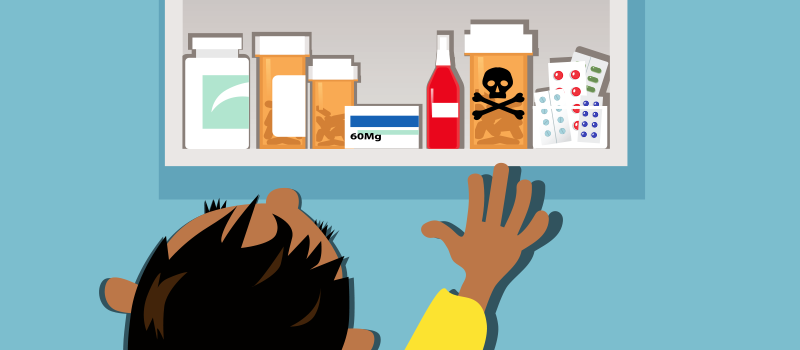



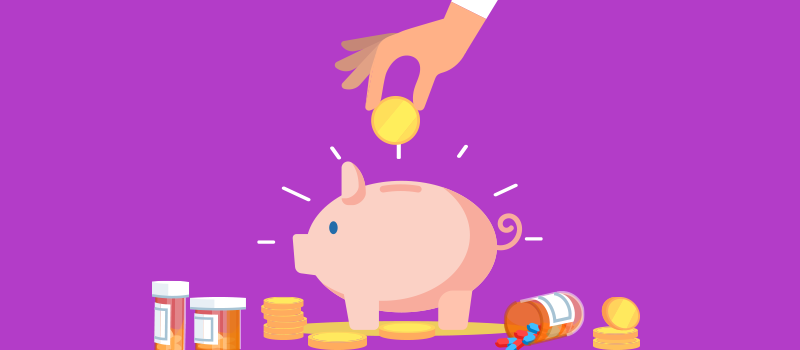
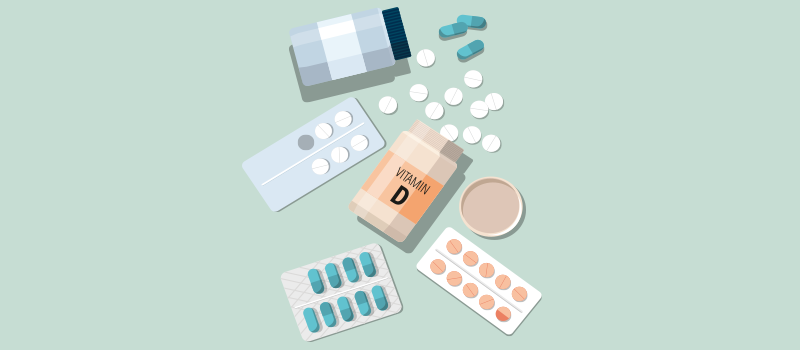

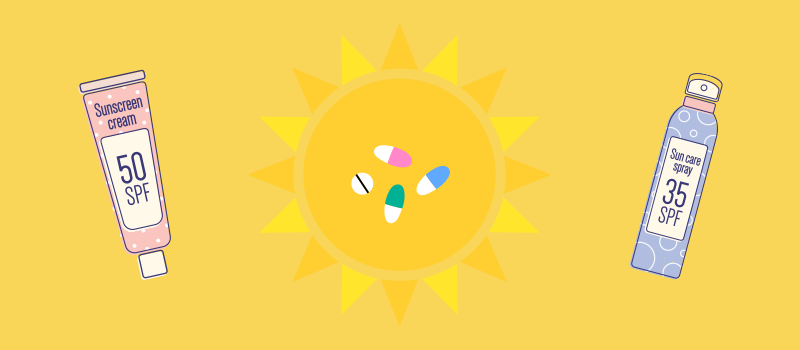

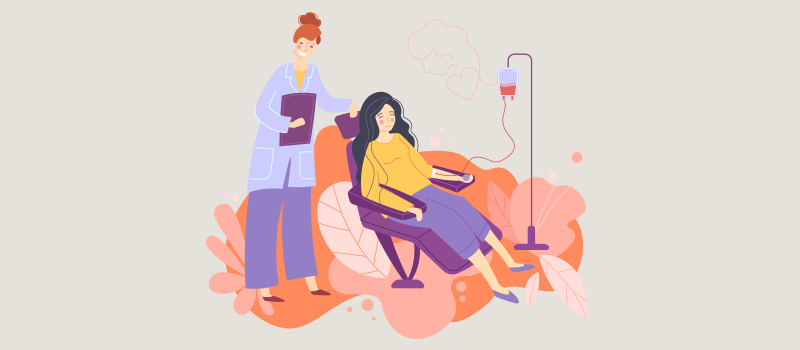
SOCIAL